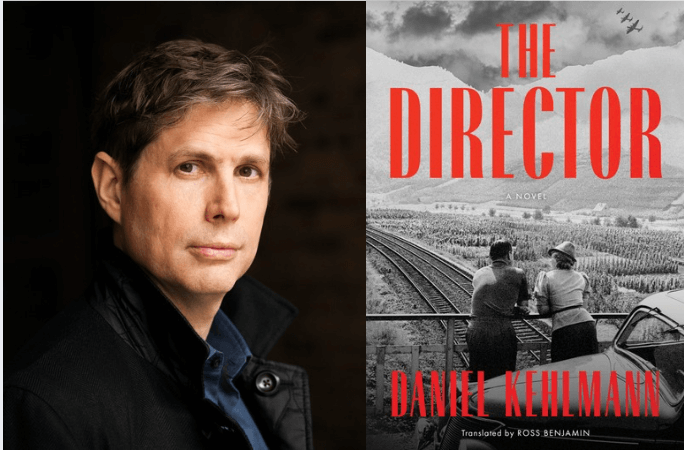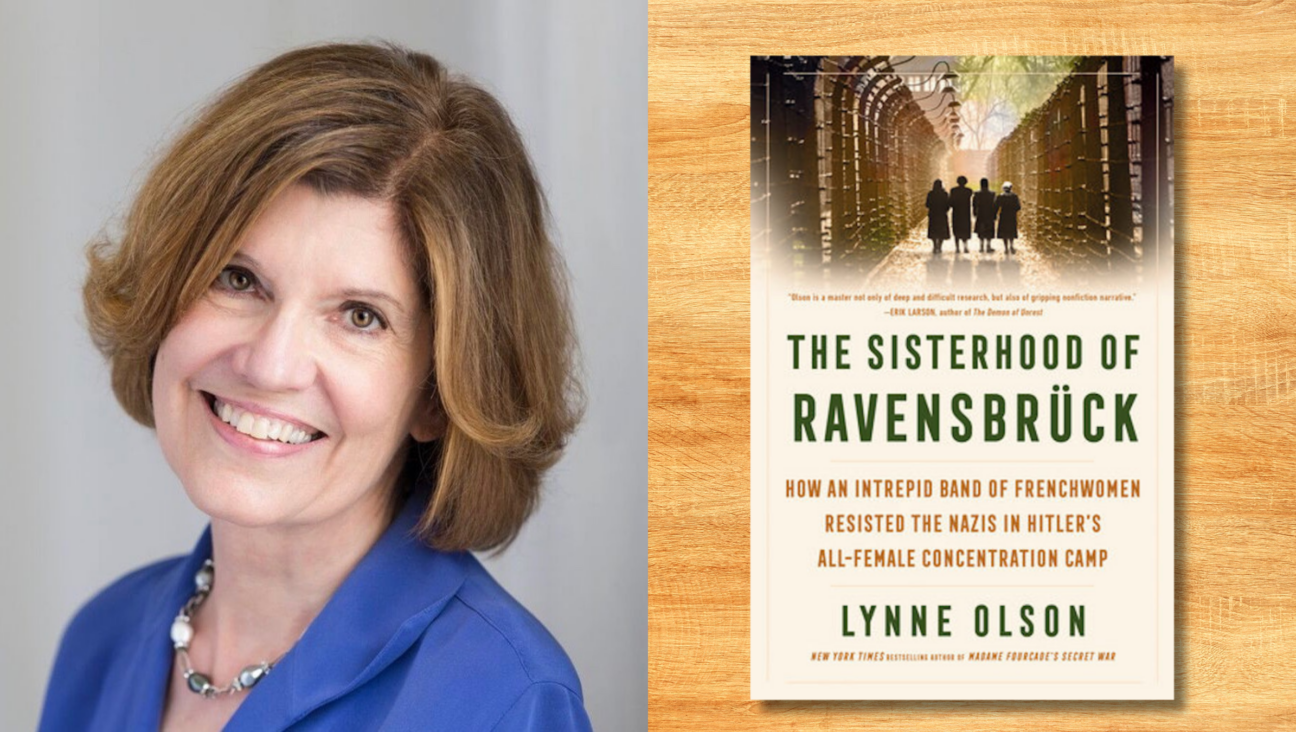On Women, Bylines and Bestsellers

Graphic by Angelie Zaslavsky
Last month, The Sisterhood’s Elissa Strauss wrote post called “In Magazine Journalism, It’s Nowhere Near the End of Men,” using her own survey of magazines to show that male bylines still win out in terms of sheer numbers. And now there’s some serious research to back up her personal accounting. These numbers from VIDA, an organization that promotes women in literary arts, show that in essentially every single literary magazine, book review section or literarily inclined magazine, male bylines considerably trump female ones, as do reviews of books by men.
There’s been lots of excellent discussion of this on the Internet. Laura Miller essentially said that the problem is a matter of male readers not taking female writers seriously. Meanwhile Ruth Franklin of The New Republic crunched some more data to find that there are fewer books being published by women than by men. Even worse, publishing is an industry dominated by women. A friend of mine who works in the industry says she’s been banging her head against the wall all week in the face of these numbers.
So what gives?
It’s a classic case of the personal being political. I happen to be lucky in that my dad, brother and husband, bless them, all list female authors among their most frequently read. But if we all look a bit further into our social circles, we’d likely find that many men, even self-defined feminists, are far less likely to read books by women. For instance, almost every young person I know tried Junot Diaz’s marvelous “The Brief Wondrous Life of Oscar Wao” when it won the Pulitzer. Very few men I know, besides my dad (bless him, again), picked up Elizabeth Strout’s wonderful in a different way “Olive Kitteridge” when it won. Of course, Diaz’s book is more immediately attractive, full of fascinating flourish and a heart-rending violence- and-sex-laced plot. Strout’s is more subtly heartbreaking but a tour-de-force in its own way. And it’s about an older woman.
And therein lies the problem. No one out there really thinks that these literary gatekeepers, who pride themselves on progressive attitudes, are overtly biased. But as John Freeman, the editor of Granta magazine, told The Guardian, “we have to ask a deeper question, which is how gendered are our notions of storytelling?”
It’s a deeper question indeed, and its answer may disturb. When authors embrace certain traits in their writing that we subconsciously read as gendered, how does that affect us as readers? This article in the Millions by Gabriel Bornwstein is a side-by-side comparison of Allegra Goodman’s “The Cookbook Collector” and “Jonathan Franzen’s “Freedom,” which have some surprising similarities. While going back and forth between their merits — including the Jewish aspects of both novels — the writer comes to a few pivotal conclusions:
Goodman glides through her fiction, while with Franzen, it’s always a triple lutz with a camel… Allegra Goodman loves her characters — they absorb her attention as if she could wish for nothing more, and she offers them intimately to her readers, so much so that the author herself all but vanishes. Franzen’s characters meanwhile exist somewhere beneath the glory of his prose.
And where does that leave the books in terms of prestige and popularity?
Half a year after its release, The Cookbook Collector, full of earnestness and love, is between hardcover and paperback editions, and it’s hard to find at your local bookstore. Meanwhile, cool and calculating Freedom sits high on the bestseller list, alone among its literary contemporaries.
So, is tenderness or quietness in the narrative voice a marker that it is “female” and therefore less sophisticated, groundbreaking, or cool? And if so, how gendered is that assessment?
I’d add that in the world of the literary elite, the disparity for writers of color persists, too. Of course there are many writers from diverse backgrounds (such as Diaz) who have risen to the top of the top. But these superstars obscure a problem of niche-ifying writers — lack of representation and lack of pipeline that affects writers from nonwhite backgrounds.
If this specifically gendered problem is ever going to go away, everyone in the industry, from the avid reader to the top editor, has to make an effort to check their own assumptions at the door. Arbiters of taste may have to, as Annie Finch notes, bend a little further backwards to examine their own motivations and submerged biases. Women writers standing at the gates may have to bang a little harder, as Jessica Crispin of Bookslut argues. As we plot our creative ambitions we may have to, as I wrote earlier this week, kill what Virginia Woolf called “the angel in the house,” the voice that tells us to be virtuous and ladylike.
And yes, readers, male and female, casual and professional, should be asking themselves this question constantly: What’s the last book I read by a woman or person of color, and what should the next one be? And if the idea of picking such a book off the shelf doesn’t appeal, why?
























